6 Essential Maintenance Tips to Prolong the Life of Your Boiler
Understanding the importance of regular boiler maintenance can significantly extend your system’s lifespan and improve efficiency. Proper maintenance prevents breakdowns, reduces energy costs, and keeps your household safe. Boilers are central to comfort, particularly in colder months, yet many homeowners overlook routine care until a problem arises.
This guide will walk you through six essential maintenance tips. Following these steps can help prevent costly repairs, improve energy efficiency, and ensure your boiler operates reliably for years.
According to House Grail, a professionally installed boiler can last 10 to 15 years with consistent care and maintenance. Proper upkeep is essential to reaching that full potential.
1. Conduct Regular Inspections
Understand Why Inspections Are Critical
Regular inspections are the first step in avoiding costly repairs. A thorough inspection helps detect minor problems before they escalate into significant issues. Checking valves, gauges, and the flame ensures the boiler functions efficiently. A blue flame typically signals proper operation, while a yellow or orange flame may indicate ventilation or combustion issues.
Learn How Often To Inspect
Most residential boilers should be professionally inspected at least once per year, ideally before the winter season. Older systems or heavily used boilers may need more frequent inspections. Scheduling inspections alongside seasonal maintenance creates a reliable routine.
Compare DIY Versus Professional Inspections
Homeowners can visually check for leaks or unusual noises, but professionals have specialized tools to detect subtle problems. Regular professional inspections also reduce the likelihood of needing water heater repair, particularly in systems that supply both hot water and heating. Investing in professional inspection ensures safety and maximizes the lifespan of the boiler.
2. Clean Your Boiler Thoroughly
Recognize Why Cleaning Matters
Dirt, dust, and sediment build-up can restrict heat transfer, forcing the boiler to work harder. This strain increases energy costs and can shorten the system’s lifespan. A clean boiler is more efficient, reduces the risk of malfunctions, and minimizes the likelihood of emergency water heater repair.
Gather Necessary Tools and Materials
For effective cleaning, you will need a soft brush, vacuum, damp cloth, and mild cleaning agents. Personal protective equipment like gloves and safety goggles is essential. Descaling agents or specialized brushes may be required for stubborn deposits inside the system. Being prepared ensures that cleaning is both safe and thorough.
Follow a Step-by-Step Cleaning Process
Turn off the power and allow the boiler to cool completely. Remove any detachable panels and carefully access internal components. Use a soft brush and vacuum to remove debris from the heat exchanger and other internal parts. Wipe surfaces with a damp cloth soaked in a gentle cleaner. Reassemble the boiler and run a short test to ensure it operates efficiently after cleaning.
Avoid Common Cleaning Mistakes
Never use harsh chemicals or abrasive pads, which can damage sensitive components. Always disconnect power and let the system cool before cleaning. Neglecting hard-to-reach areas can leave residue that compromises efficiency. Ensuring correct reassembly prevents operational issues and avoids unnecessary repairs.
Consider Professional Cleaning Services
Professional cleaners have access to tools that reach areas not normally accessible. Their expertise reduces the risk of accidental damage and identifies issues that may lead to future failures. Hiring a professional ensures the boiler is cleaned thoroughly, minimizing future costs associated with water heater repair.
3. Monitor Water Levels Consistently
Understand the Role of Water Levels in Efficiency
Proper water levels are vital for boiler operation. Low water can cause overheating, while excessive water increases pressure and stresses the system. Maintaining correct water levels ensures optimal heat exchange, prevents component wear, and reduces energy consumption. Regular monitoring is a simple way to prolong boiler life and minimize costly repairs.
Learn How to Check Water Levels
Most boilers feature a gauge or sight glass to monitor water levels. Always check that readings are within the manufacturer’s recommended range. Conduct these checks regularly, especially during high-demand periods in winter. Maintaining correct water levels prevents imbalance and helps avoid the need for emergency water heater repair.
Address Low or High Water Levels
Refill slowly if the water is too low to prevent thermal shock. If the boiler contains too much water, drain according to manufacturer's instructions. Proper adjustment reduces energy waste, protects the system, and prevents long-term damage.
Know The Signs of Water Level Issues
Unusual noises, fluctuating heat, or frequent shutdowns can indicate water level problems. Detecting and correcting these issues early helps maintain efficiency and prevents larger, more expensive issues from occurring.
4. Check for Leaks Promptly
Recognize the Impact of Leaks on Longevity
Leaks reduce efficiency, cause corrosion, and increase wear on boiler components. Even small leaks can escalate over time, leading to structural damage and higher energy costs. Detecting leaks early prevents costly water heater repair and helps maintain a consistent heating system.
Identify Early Signs of Leaks
Look for damp patches, rust, or water pooling around the boiler. Sudden drops in pressure or unusual sounds like hissing or gurgling may also signal leaks. Catching problems early allows for timely repair and minimizes damage.
Examine Areas Prone to Leaks
Pipes, joints, pressure relief valves, and the heat exchanger are common trouble spots. Corrosion or failing seals can allow water to escape. Regular inspection ensures that potential leaks are addressed before they worsen.
Implement Minor DIY Repairs
Tightening connections, replacing gaskets, and applying sealant to small cracks can temporarily manage minor leaks. Always shut off the power and allow the boiler to cool before attempting repairs. For major leaks, call a professional to prevent severe damage or costly water heater repair.
5. Maintain the Pressure Relief Valve
Understand the Valve’s Function
The pressure relief valve prevents dangerous overpressure situations by releasing steam or water when needed. Without a functioning valve, boilers can experience stress that leads to damage or safety hazards.
Test the Pressure Relief Valve
Manually lift the lever to release pressure and ensure it reseats properly. Test periodically according to manufacturer guidelines. A smooth operation confirms the valve is working; any irregularity signals a need for replacement.
Replace When Necessary
If the valve leaks continuously, fails to release pressure, or does not reseat, replacement is required. Turn off the boiler, depressurize, remove the faulty valve, and install a new one that matches the manufacturer's specifications. Prompt replacement ensures safety and avoids costly water heater repair from pressure damage.
Utilize Professional Valve Inspection Services
Technicians can test, repair, or replace valves using specialized tools. Regular professional evaluation prevents failure and maintains overall boiler efficiency. Professional service ensures that critical safety components are functioning correctly and extends the system’s operational life.
6. Ensure Proper Ventilation
Recognize the Importance of Ventilation
Ventilation allows the boiler to safely expel combustion gases and draw in oxygen for complete fuel combustion. Proper airflow increases efficiency, reduces emissions, and protects your household from harmful gases like carbon monoxide.
Check Ventilation Pathways
Inspect flues, vents, and connections for blockages, corrosion, or leaks. Clear debris, nests, or dust that can restrict airflow. Proper airflow ensures consistent combustion and prevents inefficiencies that may cause the need for water heater repair.
Improve Poor Ventilation
If airflow is inadequate, identify causes like blocked vents or undersized pathways. Expanding vents or adding mechanical ventilation can improve performance. Align installation with manufacturer guidelines to optimize combustion and prolong boiler life.
Recognize Signs of Inadequate Ventilation
Look for soot buildup, gas odors, fluctuating flames, or persistent moisture near vent openings. Reduced efficiency, frequent shutdowns, or unusual noises may also indicate poor airflow. Early detection ensures the system remains safe and efficient.
Consult Experts When Needed
If ventilation issues persist despite basic troubleshooting, a professional assessment is required. Technicians can identify hidden faults, recommend effective solutions, and ensure the system meets safety standards. Timely professional intervention prevents damage and extends the lifespan of the boiler.
By implementing these essential maintenance tips, you can significantly prolong the life of your boiler, maintain safer operations, and reduce energy costs. Proper attention to inspections, cleaning, water levels, leaks, pressure relief valves, and ventilation keeps your system running efficiently year-round.
Boilers are a long-term investment. With proactive care, they can reliably serve your household for over a decade, reducing the need for emergency water heater repair and enhancing overall efficiency.
For professional boiler maintenance or any related water heater repair, contact Joe Pro Plumbing - Heating - Air today. Our team provides reliable care and service to keep your home warm, safe, and efficient all year long. Don’t wait for a breakdown—ensure your system is performing at its best now.
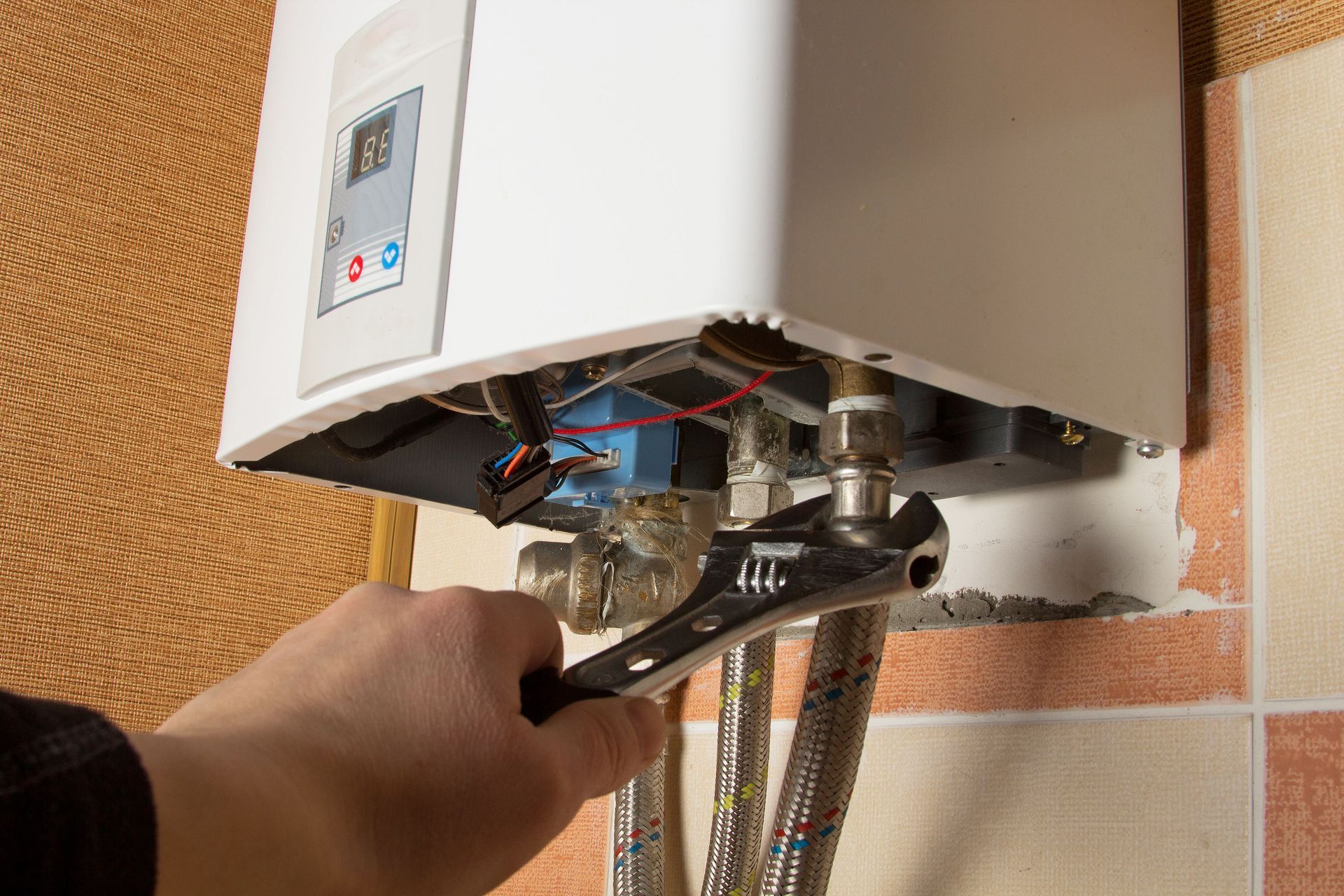
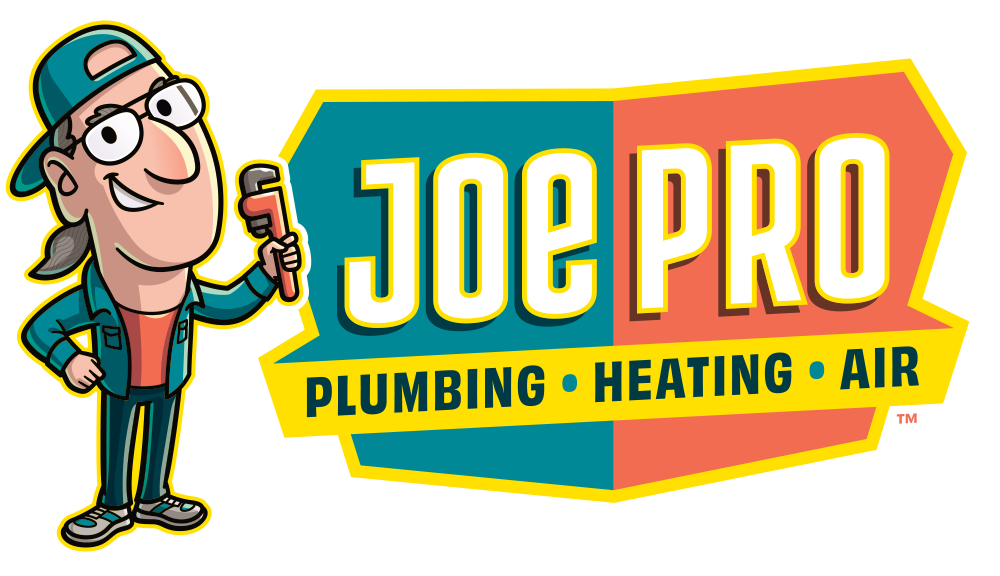

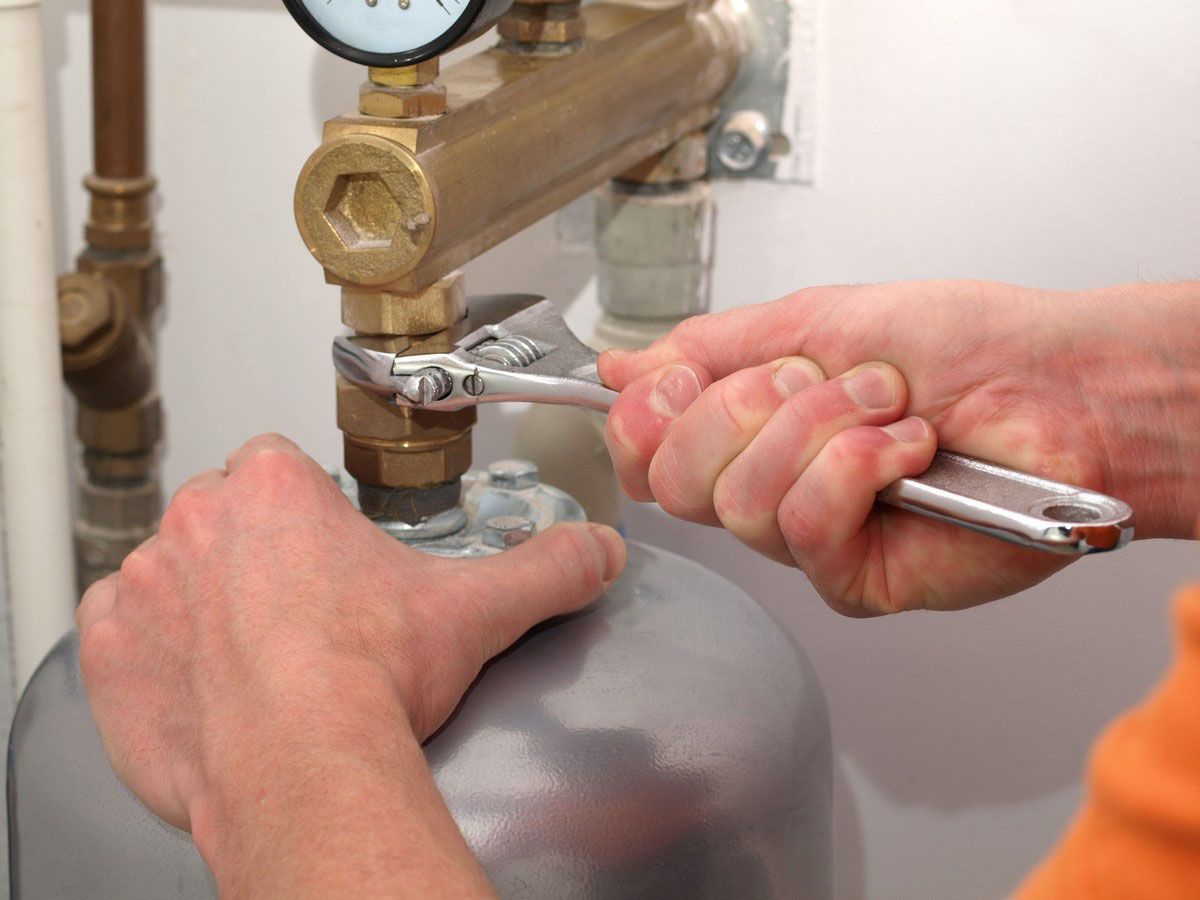
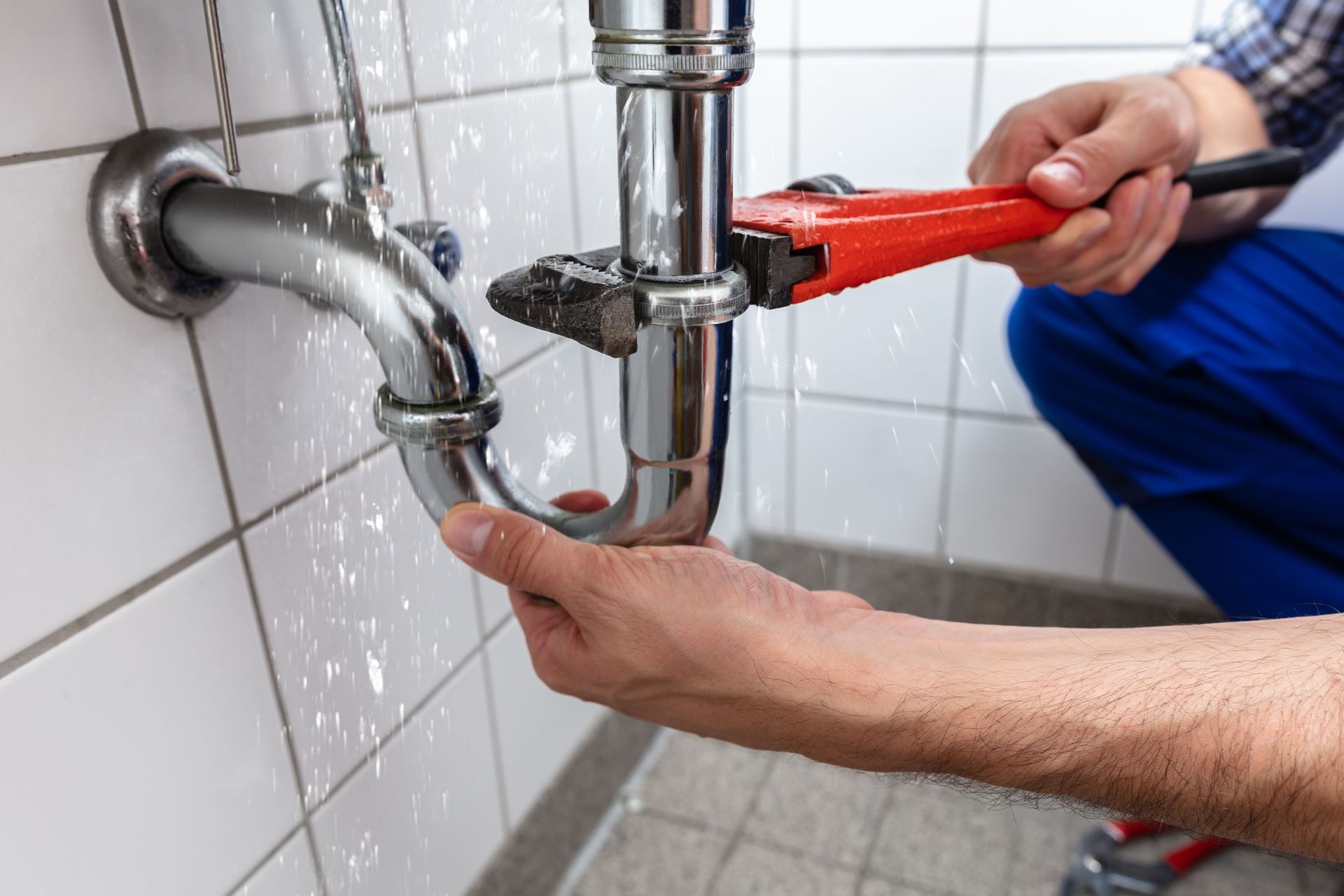
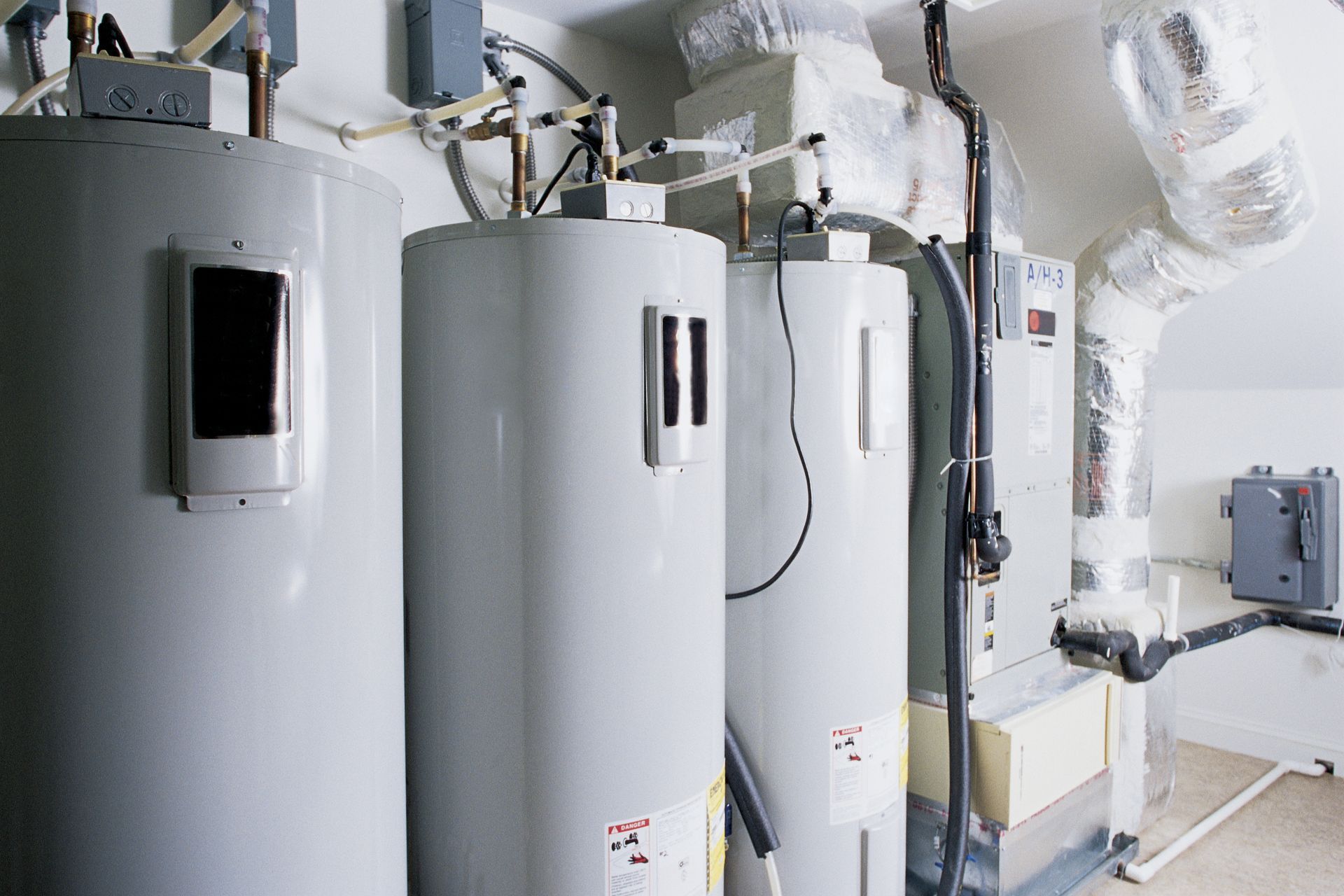
Share On: